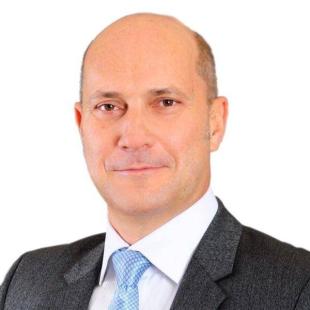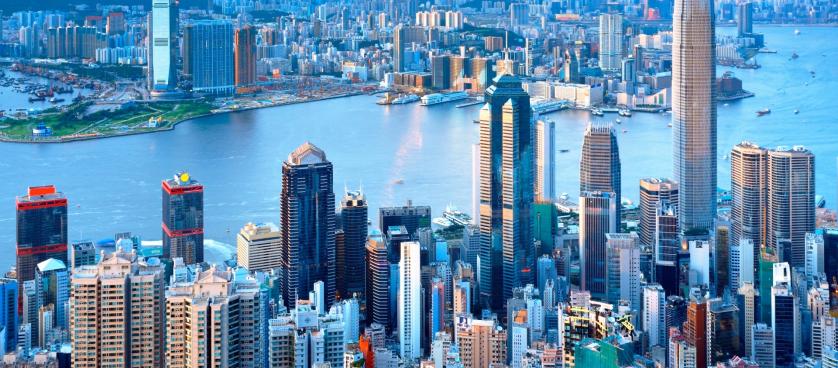Global Life Sciences & Healthcare Festival - Day 3

Speakers
Biodiversity and Sustainability in the Life Sciences & Healthcare sector
Biodiversity and sustainability are centre stage as the world attention focuses on the consequences of climate change and dwindling natural resources.
This touches every aspect healthcare, from laboratory bench through manufacturing and supply chain to patient bedside and raises huge challenges for industry.
The corkscrew twists of coping with climate threat and implementing legislation, regulation and voluntary efforts were unravelled by a unique panel of experts at the third day of the CMS Global Life Sciences & Healthcare Festival 2021.
Leading voices in biodiversity, sustainability and Environment, Social and Governance (ESG) investment highlighted the complexity presented by differing country-specific regulations as nations respond to rising concerns and the imperatives established by the recent United Nations COP 26 Conference.
Professor Bruno David, a former director of the Green Mission, Pierre Fabre Research Institute and a guiding light over 20 years of biodiversity progress, laid out the principles of the Nagoya Protocol and how its governance of fair and equitable access to genetic resources and knowledge needs careful navigation and negotiation to realise potential.
The ability to chart a structured route through Access and Benefit Sharing (ABS) regulations, compliance and constraints and the Convention on Biological Diversity (CBD) will be critical to the future of healthcare, he observed.
The audience heard that schemes such as the European Green Deal, which aims for a 55% reduction in greenhouse gas emissions by 2030, have ushered in a raft of policies, roadmaps and action plans that are complex and time-consuming to process.
Cora McCallum, head of investor and external relations at Spire Hospital Group, and Maxime Monier, senior analyst at healthcare real estate advisors PointCo Capital, discussed practical efforts across healthcare estates, such as switching to renewable energy and improved recycling, and the need for long-term commitment to sustainability as demand for healthcare increases with an ageing global population.
“The climate crisis is a healthcare crisis; it is a global crisis,” said Maxime Monier, who added that healthcare investors needed to do more, particularly as consumer pressure for ethical investment is growing. Cora McCallum added that climate change was contributing to increased demand for healthcare and the need for timely changes to counter future pressures.
David Croft, global director sustainability, environment and human rights at Reckitt, gave a fascinating view into how the company is making huge efforts across its businesses and supply chains that operate across 180 countries.
He attended COP 26 and said. “We see that growing impact on public health where people’s lives are increasingly impacted by climate change.
“It was a travesty there was no specific health day at COP because the connection between the health of our planet and the health of everybody on it sits at the heart of our purpose which is to protect, heal and nurture.
“But climate change is starting to cause increasingly large-scale harm to our health.”
Rising global temperatures are encouraging disease outbreaks and wider, faster transmission rates creating huge pressures on healthcare while consumers are also pushing for greater sustainability, he added.
But he finds hope in the approach of private business and the potential from harmonising their efforts with public and civil society to protect the planet and its health.
Jens Wagner, Global Co-Head CMS Life Sciences & Healthcare Sector, said: “This is a fast-moving, demanding sector which is at the front of everyone’s thinking because it is critical to how we live as well as how we work.
“There was a huge amount of insight about how to use genetic resources and the impact of climate change on global health. There are great challenges ahead but it is clear that private business and public initiatives are rising to meet them.”
Festival highlights









